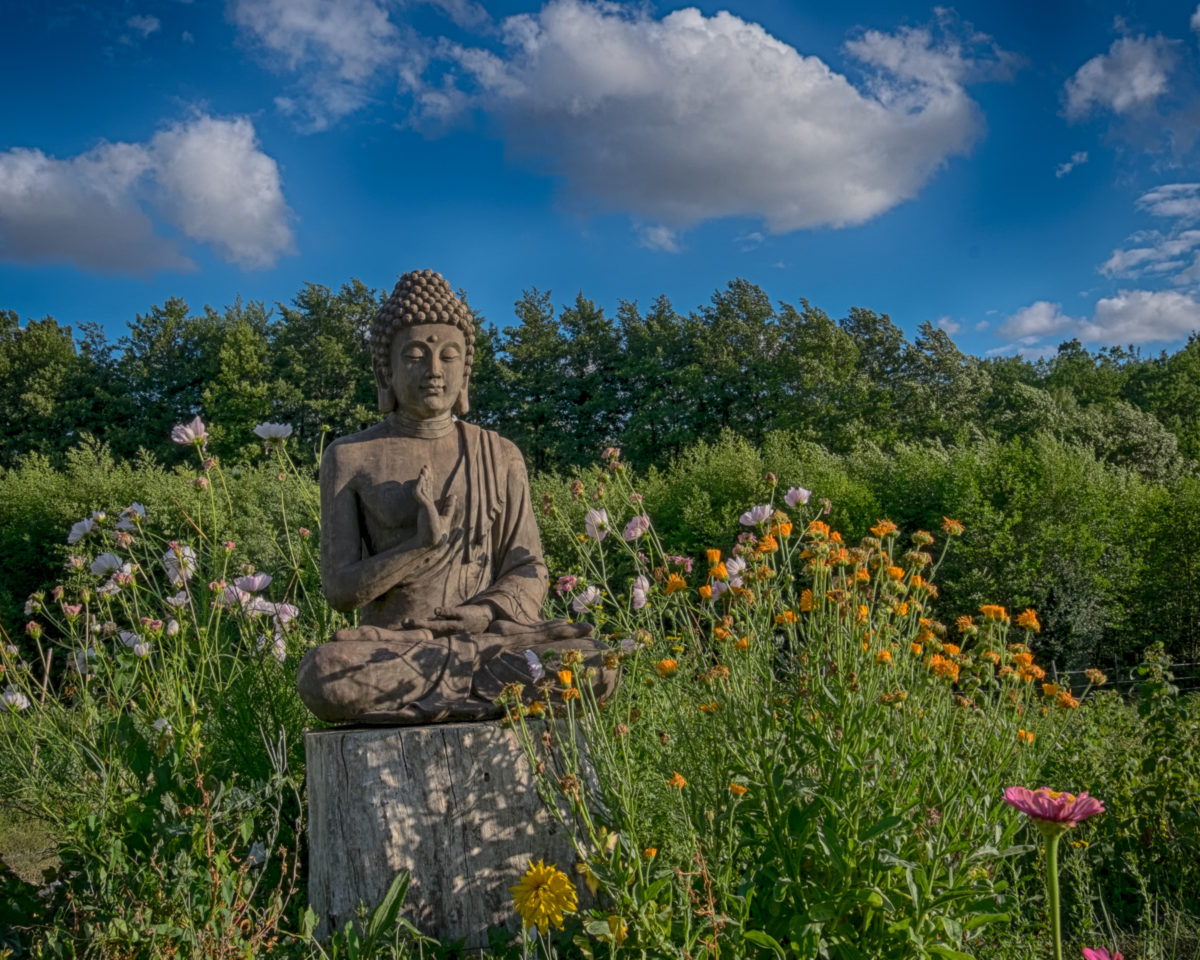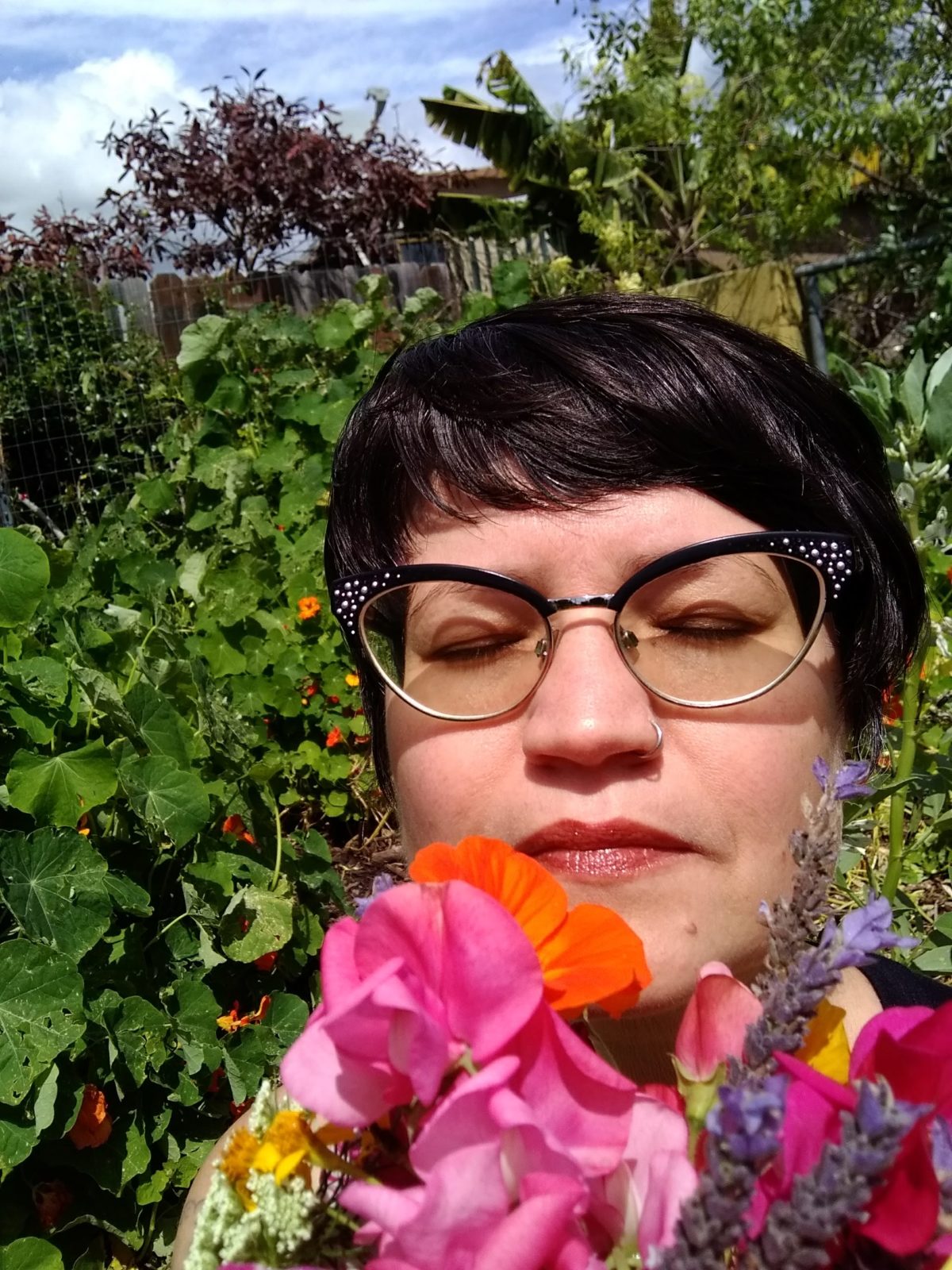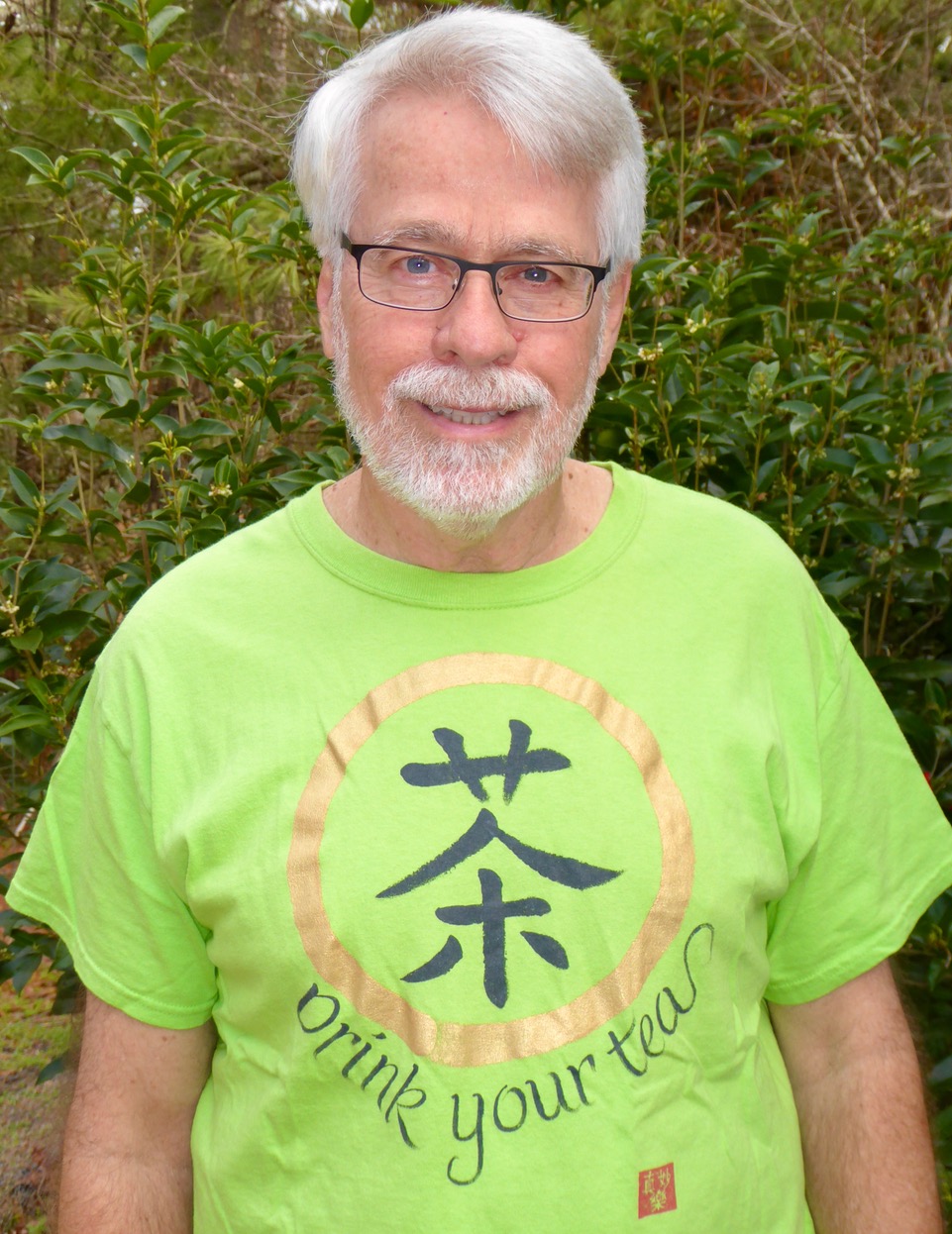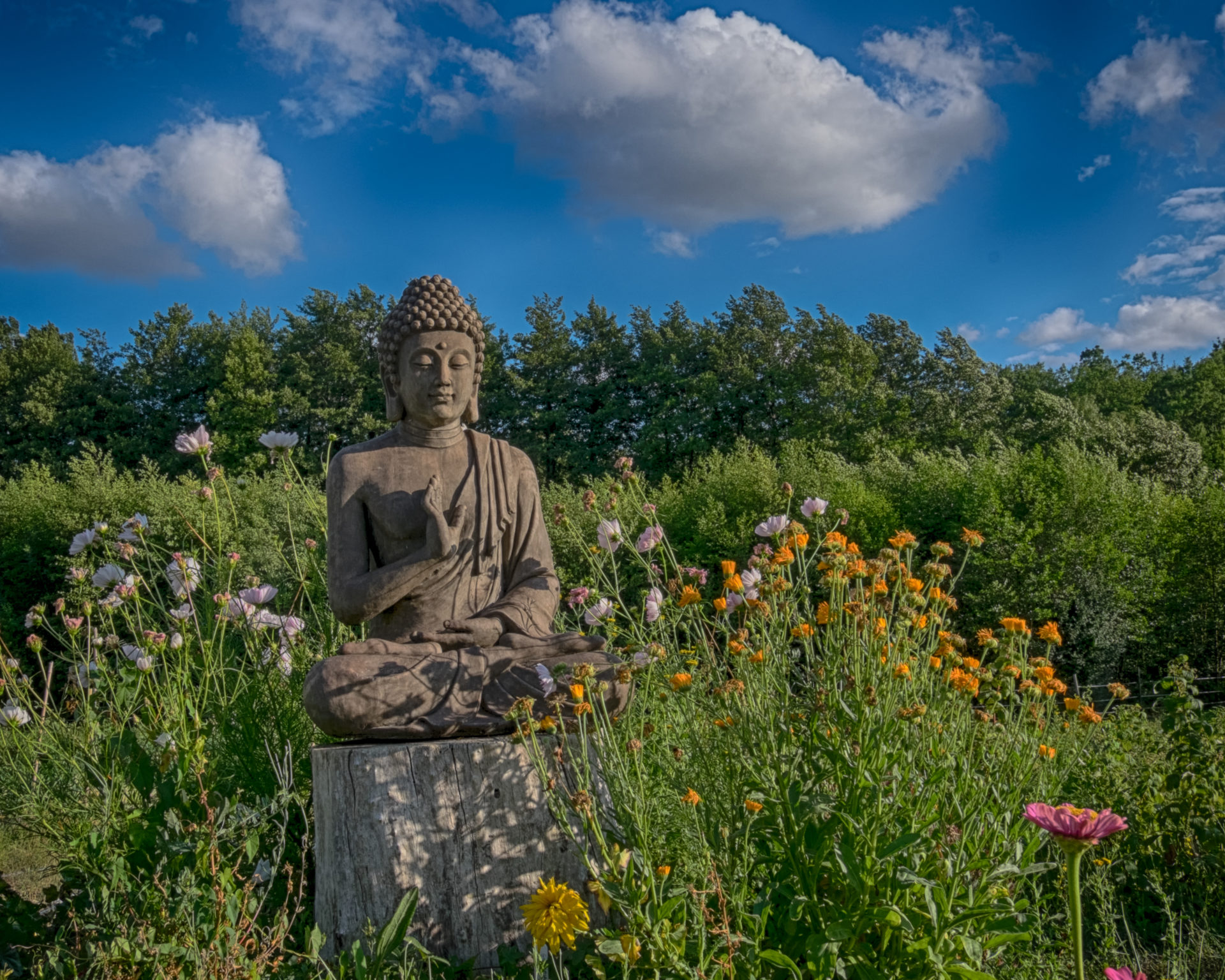
Dear Thay, dear beloved community,
Although the articles for this Summer 2020 issue were curated before the Covid-19 pandemic loomed large in our awareness, they are relevant to the current challenges worldwide.
The impermanence in our lives echoes the ongoing impermanence of our climate. In times of challenge, we can return to core teachings and practices to help ease our suffering, and find calm and strength to continue beautifully.

Dear Thay, dear beloved community,
Although the articles for this Summer 2020 issue were curated before the Covid-19 pandemic loomed large in our awareness, they are relevant to the current challenges worldwide.
The impermanence in our lives echoes the ongoing impermanence of our climate. In times of challenge, we can return to core teachings and practices to help ease our suffering, and find calm and strength to continue beautifully. As we face challenges with food access and a problematic food system, we can empower ourselves through gardening in our yards, creating community gardens, or even building a little garden on our balconies or inside our homes.
We water the seeds of peace amongst the medicinal herbs, heirloom veggies, and edible flowers in our backyard food forest or looking at the sky and clouds from our windows. We smile enjoying our senses, being present with our movements, and showing up for the deaths and lives that help sustain us and those with whom we share the bounty.
As Thich Nhat Hanh says in No Mud, No Lotus: The Art of Transformation: “Both suffering and happiness are of an organic nature, which means they are both transitory; they are always changing. The flower, when it wilts, becomes the compost. The compost can help grow a flower again. Happiness is also organic and impermanent by nature. It can become suffering and suffering can become happiness again.”
We are grateful for the numerous resources to nourish our practice: online Sanghas, the Plum Village app, Thay’s and our monastic siblings’ books, streaming Dharma talks, and guided meditations. If you’re looking for more resources with nimble responsiveness to our times, you can visit our websites and social media outlets. Here are just a few: mindfulnessbell.org, plumvillage.org, thichnhathanhfoundation.org, earthholder.training, and plumline.org.
We had many hands helping with this issue thanks to our volunteers and guest editor, John Bowman. John joined the Order of Interbeing in 2006. He and his wife, Emily Whittle, facilitate the Community of Mindful Living in the Pines Sangha in North Carolina, US, to share our practice with our brothers and sisters.
At the beginning of this year, the Mindfulness Bell and Parallax Press merged to share Thich Nhat Hanh’s teachings more widely—with our community as well as friends who may not be familiar with our tradition or are new to it. As the two publishing initiatives of Plum Village Community of Engaged Buddhism, the Mindfulness Bell and Parallax Press aspire to share more online offerings to nourish our mahasangha and support each other by sharing our insights and strengths.
May our offerings bring you peace and joy,

Hong-An
Conscious Aspiration of the Heart
Managing Editor

Heather Weightman
Awakened Stream of the Heart
Subscriptions and Marketing Coordinator
Dear Thay, dear Noble Community,
I have gardened most of my life; my love for gardening brought me to the Plum Village mindfulness practice. When I first read Thay’s books and attended his retreats, I was taken in by his use of the language of gardening. In his commentary on the Diamond Sutra, Thay writes, “I have learned the lesson of patience. Sometimes things and people need a lot of time for transformation. The important thing is planting good seeds.”
As a gardener and mindfulness practitioner, I too have had to learn patience. Sometimes the seeds we plant may need a very long time to come up as plants or bloom as flowers. When Dharma teacher Anh-Huong Nguyen mentored me, she watered the seeds of my mindfulness practice by saying, “John, you are starting to bloom as a flower.” Hearing this made me very happy and even more diligent in my practice.
Being a gardener and a mindfulness practitioner inter-are; each nourishes the other. As a Master Gardener, I often bring my mindfulness practice to my work in community gardens, and to my interactions with children and volunteers in school gardens. Starting and building a Sangha is like creating a garden, full of many varieties of plants, flowers, and trees, which bloom and bear fruit in different seasons. When we can see ourselves and those around us as beautiful flowers and trees, we can truly grow to understand and love ourselves and one another more deeply.
Whenever I step into my garden, I recite the gatha: “Mother Earth brings us into life and nourishes us; Mother Earth takes us back again. Birth and death are present in every moment.” Planting good seeds in our soil and in our relationships does indeed nourish us all. I smile to the oneness of life: to the sun and moon, to the clouds and rain, to the pollinators, the compost, the minerals, and the many other beings that are part of my garden.

Happy gardening,
John Bowman
True Lotus Country
Addendum: When I wrote the above words last winter, the storm clouds of the pandemic were not yet on the horizon. It is spring now, and our lives have changed. I am no longer able to work in community gardens and with school children, as schools are now closed.
Just as we need to be aware of the suffering in the world, we must be aware there are also seeds of happiness in and around us. May this issue water those seeds. May we nourish the seeds of peace and joy that lie deep in the soil of our minds, and may we have eyes to see the blue sky above the storm clouds.

